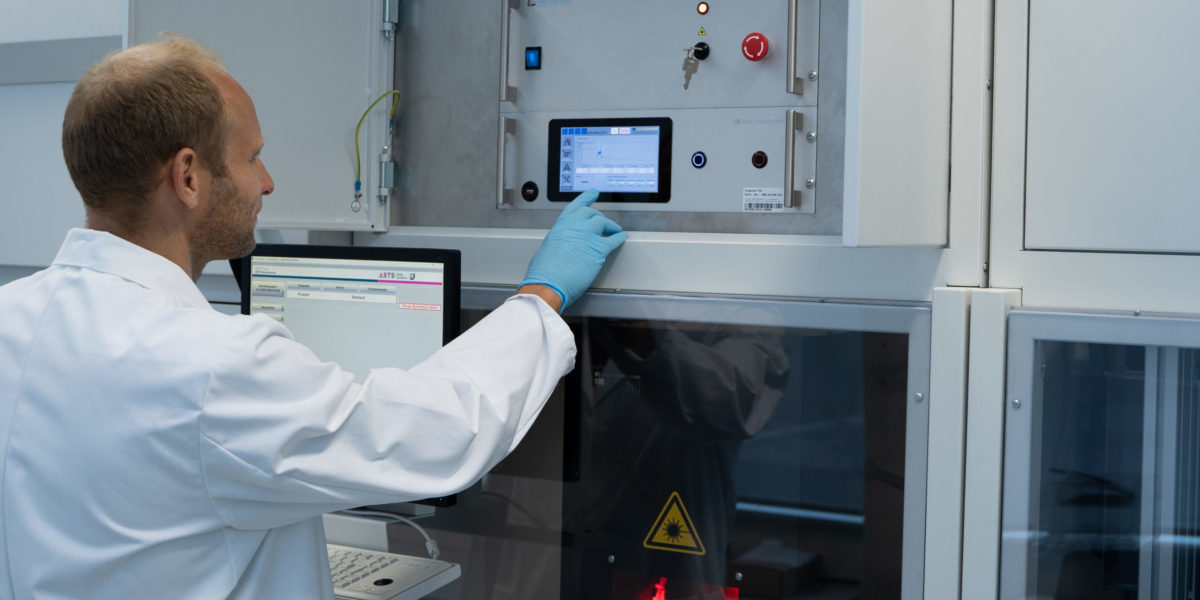From pv magazine Germany
Scientists from Germany's Fraunhofer Center for Silicon Photovoltaics CSP have developed a new process aimed at lowering the series resistance of monocrystalline PERC solar cells.
The new technique was tested in partnership with German company CE Cell Engineering GmbH. “Contacting surface structures (emitters) of solar cells with high sheet resistance is already technically possible, but costly,” said Stephan Großer, project manager in the diagnostics and metrology group at Fraunhofer CSP. “The series resistance of the contact structure on the solar cell increases due to high contact resistances, which significantly reduces the efficiency of a solar cell. In the project, we were able to lower the series resistance by using laser-assisted current treatment and elucidate the active principle.”
Popular content
Through this process, which was dubbed laser enhanced contact optimization (LECO), the researchers were able to identify faulty semiconductor-to-metal contacts in the PERC cells and to establish where there was insufficient electrical contact formation between the metal and semiconductor. Furthermore, all this happened without damaging the solar cells. “The optimization of the contact takes place through a large number of microscopic current-fired contact points, which enable … very low series-resistance between the metallic silver contact finger and the doped silicon wafer,” the research team further explained.
The Fraunhofer CSP is currently evaluating the LECO process parameters for patenting.
This content is protected by copyright and may not be reused. If you want to cooperate with us and would like to reuse some of our content, please contact: editors@pv-magazine.com.



By submitting this form you agree to pv magazine using your data for the purposes of publishing your comment.
Your personal data will only be disclosed or otherwise transmitted to third parties for the purposes of spam filtering or if this is necessary for technical maintenance of the website. Any other transfer to third parties will not take place unless this is justified on the basis of applicable data protection regulations or if pv magazine is legally obliged to do so.
You may revoke this consent at any time with effect for the future, in which case your personal data will be deleted immediately. Otherwise, your data will be deleted if pv magazine has processed your request or the purpose of data storage is fulfilled.
Further information on data privacy can be found in our Data Protection Policy.